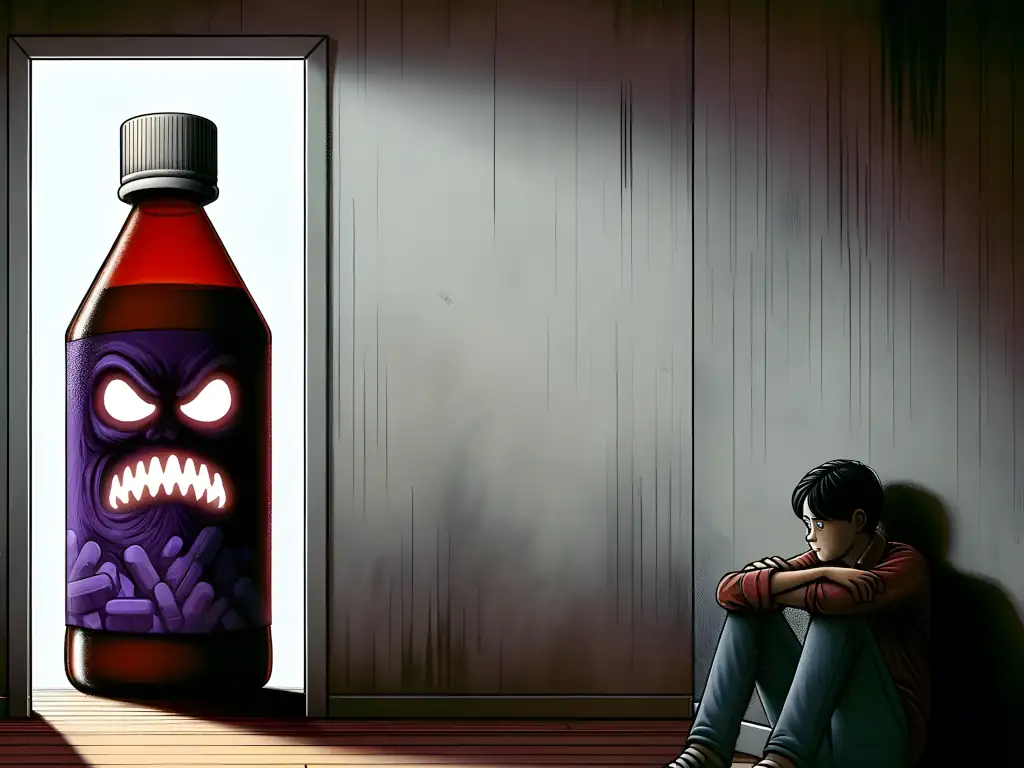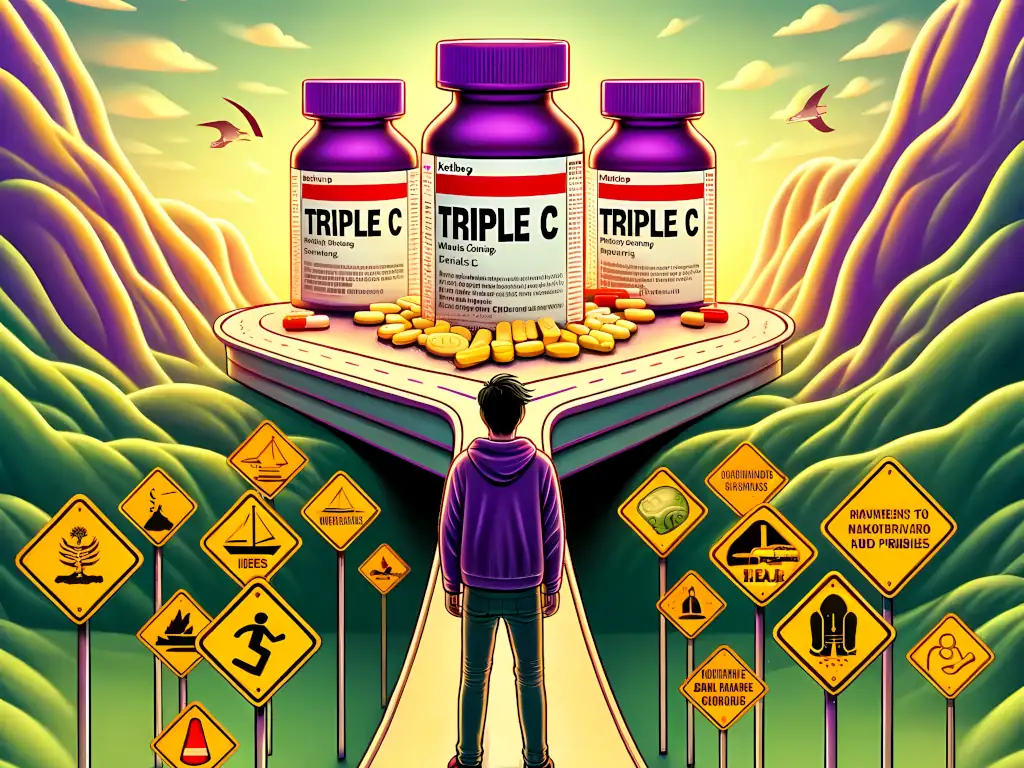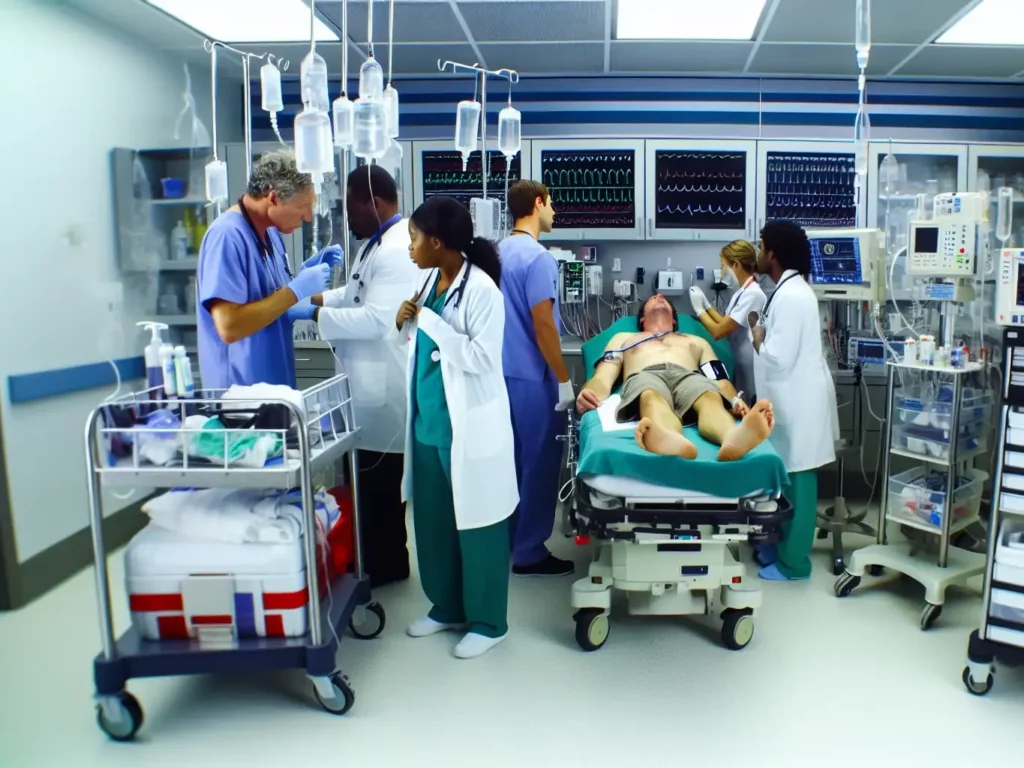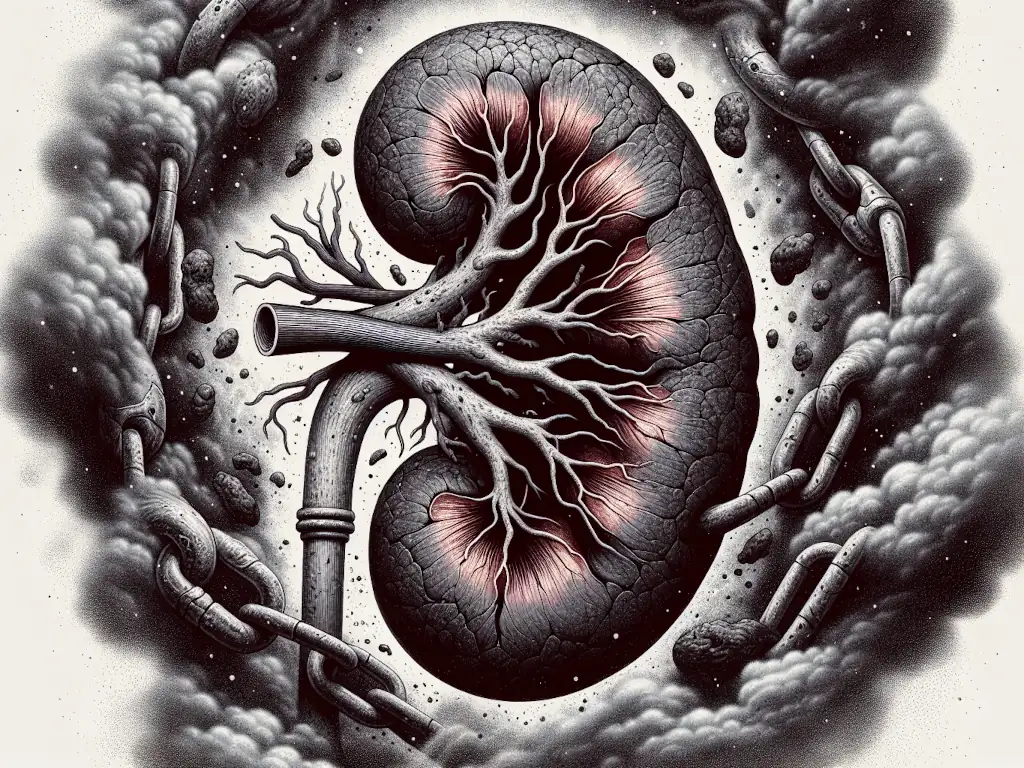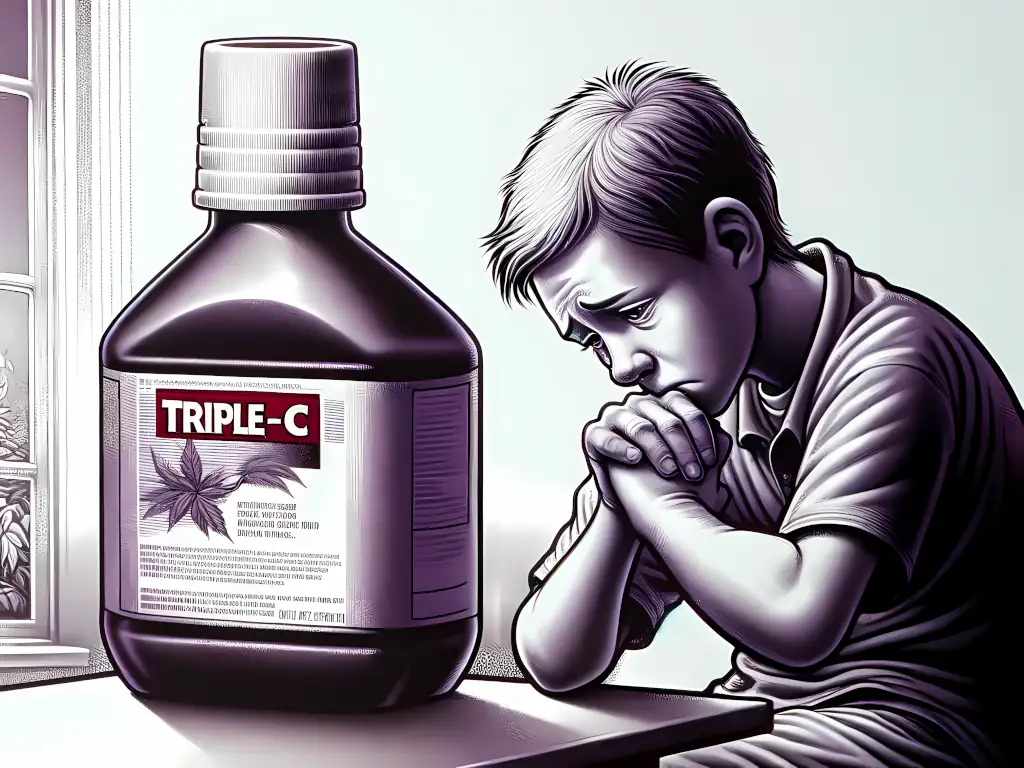
The rise of triple c’s abuse, primarily among teens and early adulthood, has become a concerning health issue in recent years. This seemingly innocuous over-the-counter cold medicine and cough suppressant has a dark side, with many users seeking out its intense hallucinations, altered consciousness, and dissociative effects. Education and awareness are key in combating this growing epidemic, which is why it’s crucial to understand the risks, signs, and long-term effects of abusing triple c.
Key Takeaways
- Triple C, a common cough suppressant containing dextromethorphan, has potential for misuse leading to serious health risks.
- Triple C is most commonly abused by young adults and teens due to accessibility of cold medicine and a false perception of safety.
- Education, awareness & open dialogue are key in preventing health problems, withdrawal symptoms, and substance abuse from CCC.
Decoding Triple C: The Common Cough Suppressant with a Dark Side
Triple C, an abbreviation for Coricidin HBP Cough & Cold medicine, contains dextromethorphan (DXM), an active ingredient that, when abused, poses serious risks to users. Often abused for their hallucinogenic and dissociative effects, these round red tablets are known as Dex, DXM, Skittles, or Robo. With just half a package of Coricidin HBP Cough Cold, also known as Triple C, users can experience adverse effects, underlining the potential hazards of misuse.
Triple C’s effects are dose-dependent, causing hallucinations, euphoria, auditory changes, and a distorted sense of gravity at higher doses. People abuse Triple C by ingesting the pills, crushing and snorting them, or dissolving the tablets in liquid to expedite the effects. The Drug Enforcement Administration (DEA) monitors the sale of DXM-containing products, recognizing the growing issue of abusing Triple C.
Triple C misuse can result in severe health issues like respiratory depression and potentially fatal overdose at high doses. Continued abuse escalates the risk of grave complications, such as coma and potentially death, underlining the need for addressing this problem and seeking necessary help.
The Path to Triple C Abuse: How Young Adults Are Misusing This Medication
Compared to illicit street drugs, Triple C’s easy accessibility and low cost make it particularly appealing to young adults and teens. DXM is federally permissible and typically available over the counter in most states, making it a seemingly more secure option for those seeking a high.
When consuming large amounts of Triple C, users experience an altered state of consciousness resembling ketamine, characterized by disassociation and a floating sensation. This dangerous practice of abusing cold medicine, is easily accessible in household medicine cabinets.
Triple C’s appeal as a commonly abused, seemingly safer and economical alternative to illicit drugs is leading to a burgeoning health crisis among our youth. The high doses consumed to achieve desired effects not only pose immediate risks but also contribute to long-term health problems and substance use disorder.
The Slippery Slope: Understanding Triple C Addiction
Triple C’s addictive nature arises from DXM misuse, capable of inducing a euphoric high or hallucinations, thus heightening its addictiveness. As users seek higher doses to maintain the desired effects, a cycle of abuse and psychological dependence can develop.
Heavy Triple C users have reported experiencing withdrawal symptoms for up to one week after quitting. This further accentuates the potential addiction associated with this drug. Due to the associated risks and the potential for addiction, it is imperative to seek professional treatment if you or someone you know is struggling with Triple C addiction.
Identifying Triple C addiction signs and understanding potential dangers is key to recovery. Timely intervention and professional treatment can aid individuals to regain life control and escape the addiction cycle.
Recognizing the Signs: Is Someone You Know Abusing Triple C?
Identifying Triple C withdrawal symptoms can be challenging, but recognizing the signs of misuse is essential in providing support to those struggling. Indications of abusing Triple C may manifest as alterations in behavior, physical appearance, and social networks. Physical symptoms can include dizziness, confusion, blurred vision, increased heart rate, high blood pressure, nausea, and vomiting.
Triple C misuse can significantly impact a person’s mental health, causing it to produce hallucinations, confusion, paranoia, and mood swings.
Prolonged abuse increases the risk of developing psychiatric disorders such as depression and anxiety, which can lead to various health problems.
Being aware of the signs of someone abusing Triple C and offering assistance to individuals experiencing this issue is crucial. Open communication and understanding can help intervene and provide support, enabling those struggling to seek the help they need and begin the road to recovery.
The Perils of Triple C Overdose: A Potentially Fatal Reality
Triple C overdose can cause life-threatening complications like liver damage, kidney problems, and possible death, depending on the user’s medical history and dosage. Case studies on Triple C overdose reveal the severity of this issue, such as a 19-year-old who consumed 111 tablets of DXM, causing shock and convulsions, and requiring intensive care to be saved.
If a loved one is suspected of suffering from severe DXM toxicity, it is essential to seek professional care immediately. In some cases, overdose has been reversed by the use of naloxone, while other situations may require further medical intervention if multiple substances are involved.
The potentially fatal reality of Triple C overdose underscores the importance of recognizing the signs of abuse and seeking help when needed. Early intervention and medical attention can make the difference between life and death for those struggling with Triple C misuse.
From Recreational Use to Health Crisis: The Long-Term Effects of Triple C Use
Persistent Triple C use can lead to severe health issues, even without addiction or dependence development. These issues can include:
- Brain damage
- Toxic psychosis
- Kidney stones
- Kidney failure
- Liver failure
The effects of prolonged exposure to high doses of DXM are not to be underestimated, as they can lead to lasting harm and a diminished quality of life.
Long-term Triple C use can result in toxic psychosis, exhibiting acute psychosis, serotonin syndrome, anticholinergic overdose-like symptoms, and psychotic episodes. Furthermore, it can result in persistent psychosis not necessarily linked to exposure, emphasizing the need for early intervention and treatment.
The long-term effects of Triple C use highlight the importance of education, prevention, and timely intervention in combating this growing health crisis. Recognizing the risks and seeking help when needed can help individuals avoid lasting harm and regain control of their lives.
Turning Point of Tampa: Your Partner in Recovery from Triple C Addiction
Turning Point of Tampa, an all-encompassing addiction treatment center, provides various programs to assist individuals in recovering from alcohol and drugs including Triple C addiction. Their residential treatment and intensive outpatient programs provide the necessary support and guidance for those struggling with Triple C addiction.
Therapy options at Turning Point of Tampa include individual therapy, group therapy, and family therapy, addressing the various aspects of addiction and creating a supportive environment for recovery. With a team of dedicated professionals, Turning Point of Tampa is equipped to help individuals overcome Triple C addiction and embark on a path towards healing and renewed well-being.
Prevention and Education
Preventing Triple C abuse necessitates a multi-pronged approach encompassing education, awareness, and open dialogue. By educating individuals about the risks associated with Triple C misuse and promoting healthy coping mechanisms, we can empower communities to recognize the dangers and seek help when needed.
Educational programs, such as the Training Program on Child Abuse Prevention for Citizens (TCAP-C) and online courses for school personnel, can help combat Triple C misuse by raising awareness and providing guidance on identifying, reporting, and preventing abuse. Open communication plays a vital role in prevention efforts, as it enables early recognition of warning signs, intervention, and support for those struggling with Triple C misuse.
Preventing Triple C abuse is a communal responsibility that demands the participation of individuals, families, and communities. Through education, awareness, and open communication, we can help prevent the devastating effects of Triple C misuse and support those in need on their journey to recovery.
Summary
In conclusion, the growing issue of Triple C abuse among young adults highlights the importance of education, awareness, and timely intervention. By understanding the risks, signs, and long-term effects of Triple C misuse, individuals and communities can work together to combat this health crisis and support those struggling with addiction. With comprehensive addiction treatment programs, such as those offered by Turning Point of Tampa, individuals can regain control of their lives and embark on the path towards healing and renewed well-being.
Frequently Asked Questions
What does the Triple C stand for?
Triple C stands for Coricidin, an over-the-counter medication used to alleviate common cold symptoms such as coughs and congestion. It may also contain chlorpheniramine for people with high blood pressure and dextromethorphan, a substance which can cause side effects such as diarrhea and hallucination. One of the first brands – Coricidin HBP Cough & Cold printed CCC on their pills.
What are the side effects of Coricidin HBP cold and flu?
Common side effects of Coricidin HBP Cold and Flu include dizziness, drowsiness, constipation, stomach upset, blurred vision, dry mouth/nose/throat, fevers, flu-like symptoms with a rash, red rash with swelling of the face, lips or lymph nodes, and dry mouth. Contact your health care provider immediately if any of these effects worsen or persist.
What type of cough is best treated with dextromethorphan?
Dextromethorphan is an antitussive medication used to relieve dry (non-productive) coughs resulting from colds, the flu, or irritation. It should only be used for severe dry coughs for a maximum period of two weeks.
Can you take gabapentin and coricidin together?
It is not advisable to take gabapentin and coricidin (which contains dextromethorphan) together, as it may lead to side effects such as drowsiness, confusion, and difficulty concentrating.
Why are young people drawn to Triple C abuse?
The popularity of Triple C abuse among young adults is due to its easy accessibility, low cost, and perceived safety compared to illicit street drugs.


